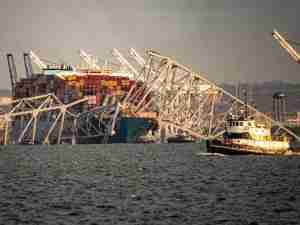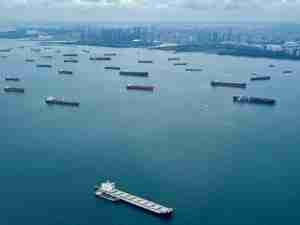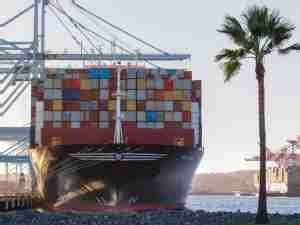The World Shipping Council (WSC) acknowledges the International Transport Forum’s issuance of its report on alliances. It is an extensive paper, which we are currently reviewing.
Based on an initial review, the ITF paper is focused almost exclusively on the three large global alliances operating today. Most puzzling, the paper pairs an extensive discussion of the three largest east-west alliances with a policy recommendation that the European Commission’s consortia block exemption regulation be allowed to expire. The ITF’s combination of a focus on major alliances with a recommendation regarding the EU consortia block exemption regulation demonstrates a fundamental misunderstanding of how the consortia block exemption works. Specifically, because of various aspects of the major alliances, they are subject to self-assessment by their members to insure competition law compliance; the EU block exemption simply does not apply to these arrangements in most cases.
What the paper essentially ignores are the numerous vessel sharing arrangements (VSAs) that are not part of alliances and that provide regular, often unique, services to shippers. It is these VSAs for which the EU block exemption regulation provides increased legal certainty, reduced compliance costs, and greater ability to respond to market demands. The fact that the ITF paper calls for repeal of the EU consortia regulation based on a discussion of alliances that do not fall within that regulation, while the paper ignores the vessel sharing arrangements that do fall within the regulation, makes the work ill-suited to the task for which it was apparently designed.
The World Shipping Council and its industry partners will continue their dialogue with stakeholders and policymakers to seek regulatory solutions that both protect the competitive nature of the industry and also foster the greatest available efficiencies in an environment that requires the industry to simultaneously move an increasing volume of world trade and to reduce its air emissions.










